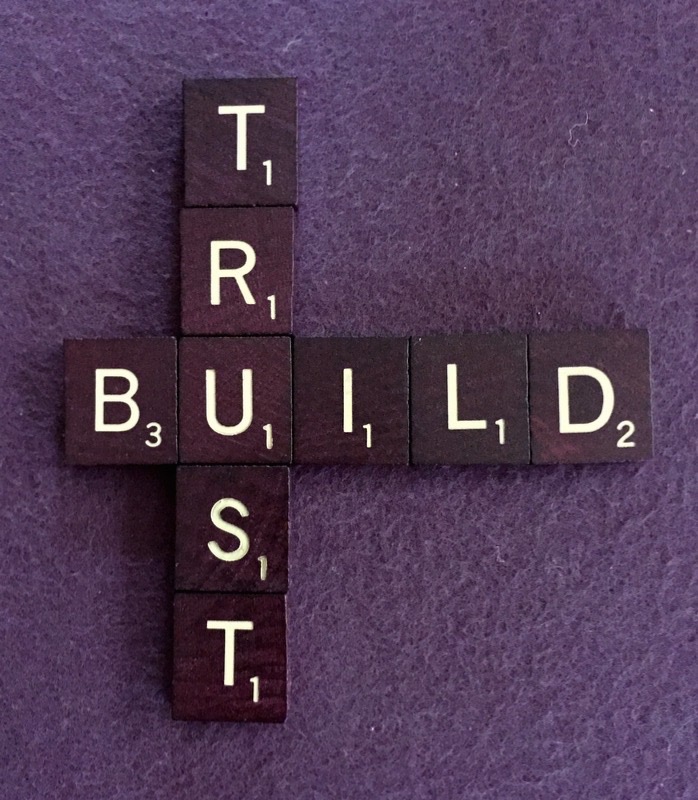
Reader Question: I am a new real estate agent. I am twenty-two years old, and I want to leverage my time to build a solid foundation. Residential home sales appeal to me as an excellent segment to start my career. What advice would you have for me on the best path?
Monty’s Answer: Real estate sales are a challenging field. Like every field of endeavor, there will be obstacles and opportunities. Here is an article about new real estate agents at http://bit.ly/2BtQCxa from a consumer considering engaging a new agent when an experienced agent stumbled.
The real estate industry’s brokerage model has shortcomings that hamper the delivery of quality customer service to homebuyers and sellers. One of those flaws is agent training. The industry trains agents to identify clients that are motivated to act quickly and to convert those potential prospects into paying customers. Some real estate agents recognize this limited education as an Achilles’ heel and seek alternative educational opportunities to help the customer.
The ultimate goal
There are activities you can embrace that provide an upper hand when you are competing for the loyalty of home sellers and buyers. As you grow your reputation and your contacts, the status you want to achieve might sound like a client telling a friend this; “<your name> is honest and will listen to you and work tirelessly to help you reach your goals. He/she knows more about real estate and homes and the market than agents in the business for years. We will use him/her again in a heartbeat.”
- Become technically competent operating the MLS system and understand the impact the myriad of reports it produces that affect your clients. Most MLS systems deliver reports directly to your clients when a new property comes on the market. MLS can drill down on all real estate activity in specific neighborhoods, or subdivisions. You can learn how to organize and explain this factual data to clients in ways many agents do not. Utilizing the MLS will make you more efficient, better educate your clients, and allow you to stand out from the pack. Many real estate agents have not mastered their MLS system.
- Learn the fundamental aspects of real estate not taught in the pre-license courses required for licensure. Take classes on new construction, residential real estate appraisals, land surveying, the geology of the region, the city’s history, the source of your water, the political structure, the neighborhoods, the demographics and more. Become the total real estate expert.
- Read books to round out your awareness. Dale Carnegie’s “How To Win Friends and Influence People,” and “Getting More,” a book about how to negotiate by Stuart Diamond will help advance your career. Join the closest Toastmasters Club and learn to speak effectively in public. Put a presentation together about a subject that area service clubs will find interesting, then sign up for the speaker’s bureau at the local Chamber of Commerce. Be open to learning, and as your success grows – stay humble. Be conscious of not letting success go to your head.
- Learn how to complete a competitive market analysis (CMA) using all the principles from your appraisal course. More importantly, learn how to present your findings to your customers in a way that is easy for them to understand. Learn how to serve one customer at a time and allow them the time they need to understand the real estate process.
- Stake out a claim. Pick out an area of the city that you want to own and declare it your territory. Visit all the local resources such as the library, the fire department, and local business owners. Learn how they serve, ask how you can help, and they will ask you how you serve. Call on every for sale by owner in your territory to make sure they are correctly priced.
You might be thinking; there is no way I have the time or money to accomplish all these tasks. I have to make a living. This work is not as daunting as it may appear. You have time. Let’s say it takes three years. Forty hours a week means you have 6,240 hours to work, 6,240 hours outside of work to do many of these assignments, and 6,240 to sleep. In 12,480 waking hours, your brain can absorb a lot of information. Planning and discipline are a big part of a successful career.


